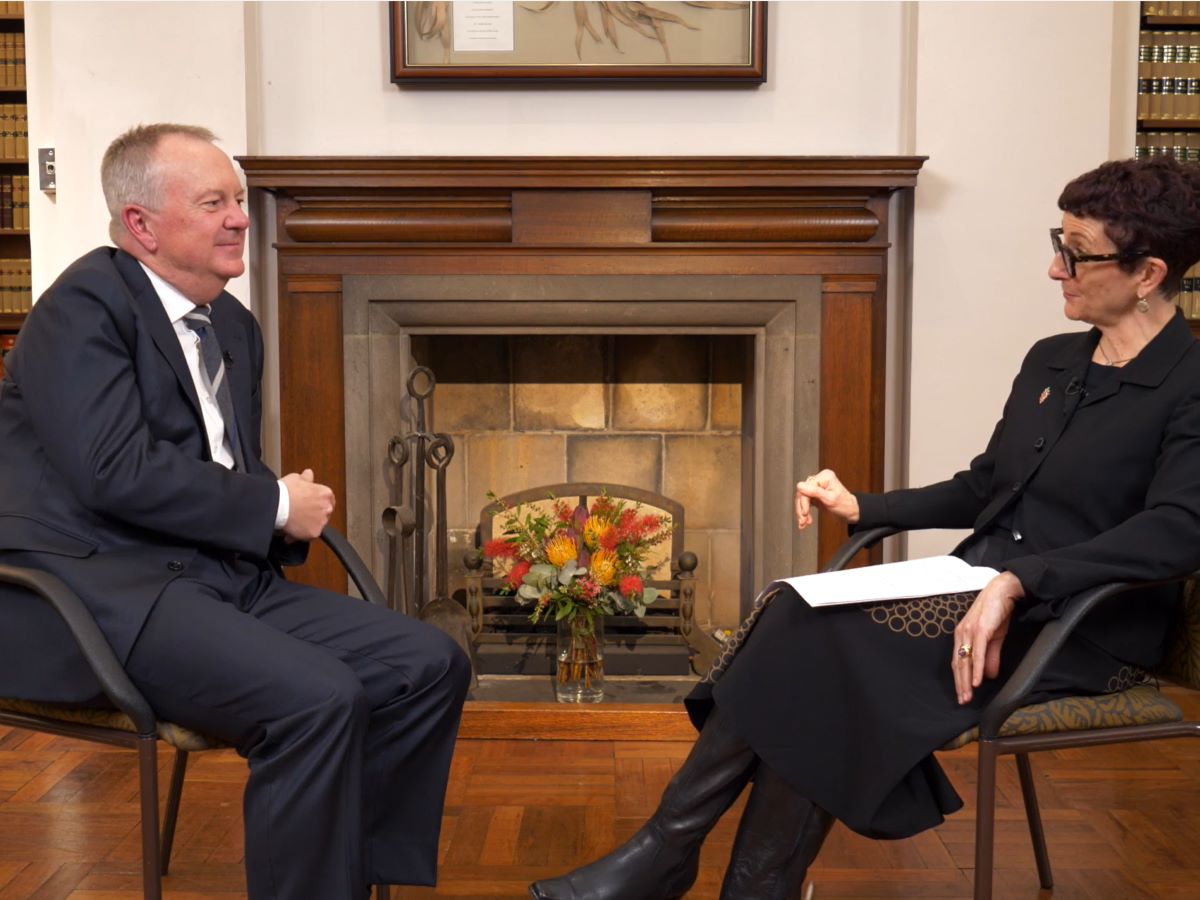New research from Justice Connect encourages a user-centred approach to reach the missing majority
Justice Connect have just launched their report, Seeking Legal Help Online: Understanding the ‘missing majority’ on how legal service organisations can improve the way they share information and tools by applying a user-centred design approach.

Developing better and more effective self-help resources
Justice Connect have just launched their report, Seeking Legal Help Online: Understanding the ‘missing majority’ on how legal service organisations can improve the way they share information and tools by applying a user-centred design approach. This research was supported by a Victoria Law Foundation Knowledge Grant and is the first completed product to come from our Knowledge Grants program since its introduction in 2019.
The missing majority relies on self-help
This research focused on the experience of the ‘missing majority’, also known as the ‘justice gap’, comprising those who are ineligible for public legal assistance, yet are unable to afford the legal assistance they need privately. This group is likely to rely on legal information and self-help material to progress and resolve their legal problems. With increasing digital transformation, legal information is increasingly being provided online. It is vital that this material is accessible and useful for the people they are intended to help.
Roger Smith OBE from the influential Law, Technology and Access to Justice website, funded by the Legal Education Foundation (UK) to discuss, investigate and evaluate the impact of technology on access to justice, noted that ‘Online self-help resources are a significant part of the access to justice toolkit to deliver a solution at scale for low-to-middle income earners in the ‘missing majority’. They should be designed to augment, not replace, in-person and more intensive legal services.’
Legal service organisations need to improve their online resources
The findings support a more considered approach to the way that digital resources and professional legal advice can complement each other for a stronger overall service. Improving the quality of online content and integrating personal and automated assistance will better serve the 'missing majority.'
Justice Connect recommends taking a user-centred approach to designing online self-help resources. User-centred design focuses on improving the experience of the everyday user through easy-to-understand language, structure, and accessibility. In their report, Justice Connect outline a set of design principles to follow and encourages organisations to talk to their online users to learn how they speak about their problems.
Dr. Hugh McDonald, Principal Researcher at VLF comments on the timeliness of this report. ‘Questions about ‘what works’ in the provision and uptake of online legal help are only increasing in their importance. We know a lot of online legal resources have been produced, but that users do not always find it accessible or helpful. Justice Connect’s project is timely and shows what, and how, key insights needed to design more effective online legal help can be obtained, and how a focus on end users can make a critical access to justice difference.’
Learn more about our Knowledge Grants
Our Knowledge Grants support community legal organisations to investigate important legal issues while improving their data collection systems and processes. We’re proud to have supported such important research through this program.
Publications
Subscribe to our Newsletter
Courts, Community and Confidence
Join Chief Justice Richard Niall a for a recorded conversation about the law’s role in our community and the challenges shaping justice today.


